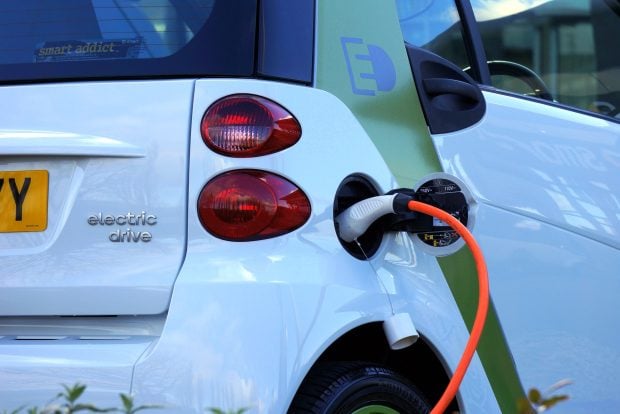Sustainability and digital transformation ‘complete game changers’, says Morocco government finance chief

The head of the finance ministry in Morocco has said that the twin revolutions of sustainability and digital transformation will be “game changers” for government.
Noureddine Bensouda, the general treasurer of the Kingdom of Morocco, said that the move to net zero and the development of digital technologies “provide broad opportunities for positive transformation of the economy and the society”, but warned they are currently “changing faster than our capacity to adapt” and could perpetuate existing inequalities.
Speaking at the Global Government Finance Summit, a gathering of senior government finance officials organised by Global Government Forum and held in Rabat in Morocco on 6-7 June, Bensouda said the challenges government face in 2023 “are increasingly complex, diverse and interconnected”.
He pointed out that efforts to transform government can lead to positive changes including lower costs and increased transparency – but that it is also critical to mitigate the risks that come with digitalisation, such as cybersecurity, the spread of disinformation, and data privacy.
He added that the world was now at a “make-or-break moment” to tackle the climate crisis. “This means we are no longer looking at ‘if’ but at ‘how’ we can best achieve a just transition to a digital and sustainable economy that leaves no one behind.”
Speaking at the summit – which was attended by finance professions from governments around the world and supported by knowledge partners Mastercard, Microsoft and Quantexa – Bensouda said there was a need for finance ministries to “act quickly – and choose wisely” to meet these twin challenges.
“It is crucial for governments and financial institutions to not only transform their approaches but also harness the potential of digitalisation and sustainability,” he said.
This requires additional funding, he said. For example, Morocco’s nationally determined contribution target is to reduce its carbon emissions by 42% by 2030. This requires an overall budget estimated at US$50bn, of which US$24bn remain conditional on access to new external sources of funding.
“This massive funding cannot be met by public finance alone,” he said. “No government can afford to do so. And that’s why we need to go the extra mile in thinking how to generate more value and mobilise more capital from both public and private sources.”
Other key elements of meeting the challenge of digital transformation and sustainability include investing in education and human resources, Bensouda said.
“While digitalisation will make machines take over certain jobs from humans, it can also create new jobs that did not exist in the past. In addition, sustainable growth will result in the creation of more jobs,” he said.
“People should be prepared to take full advantage of these new jobs and benefit from services that will become available.”
Highlighting the global nature of discussions at the summit, Bensouda said there was also a need for “global schemes and initiatives that protect the most vulnerable countries”.
He added: “We cannot afford that measures and projects in one country come at the detriment of others, whether it is climate change or digital revolution.”
This will require, for example, industrialised countries to assist developing nations in moving from traditional development pathways to a more sustainable and digital pathway.
“We need a greater collaboration with scientists and researchers as well as with multilateral development institutions to ensure that decisions are made on the basis of the best available knowledge,” he said.
He concluded that senior finance officials must “walk the talk” by also committing to implementation – a process that is assisted by gatherings including the Global Government Finance Summit creating “a platform of doers”. “Change can be difficult when it involves new ways of working or doing, but the numerous initiatives and interactions such as this gathering, leave us with the hope to accelerate this momentum towards a sustainable and equitable world, which truly leaves no one behind.”
The Global Government Finance Summit was held on 6-7 June 2023 in Rabat, Morocco, and was supported by knowledge partners Mastercard, Microsoft and Quantexa. Full reports from the sessions at the summit will be available on Global Government Forum soon. Join Global Government Forum’s LinkedIn group to keep up to date.





















